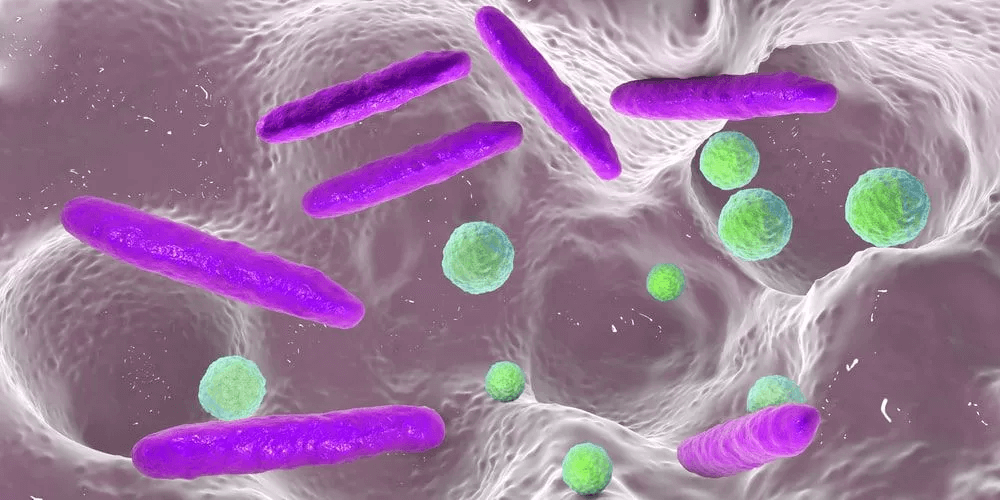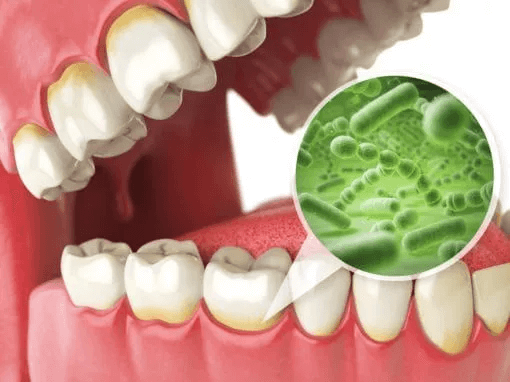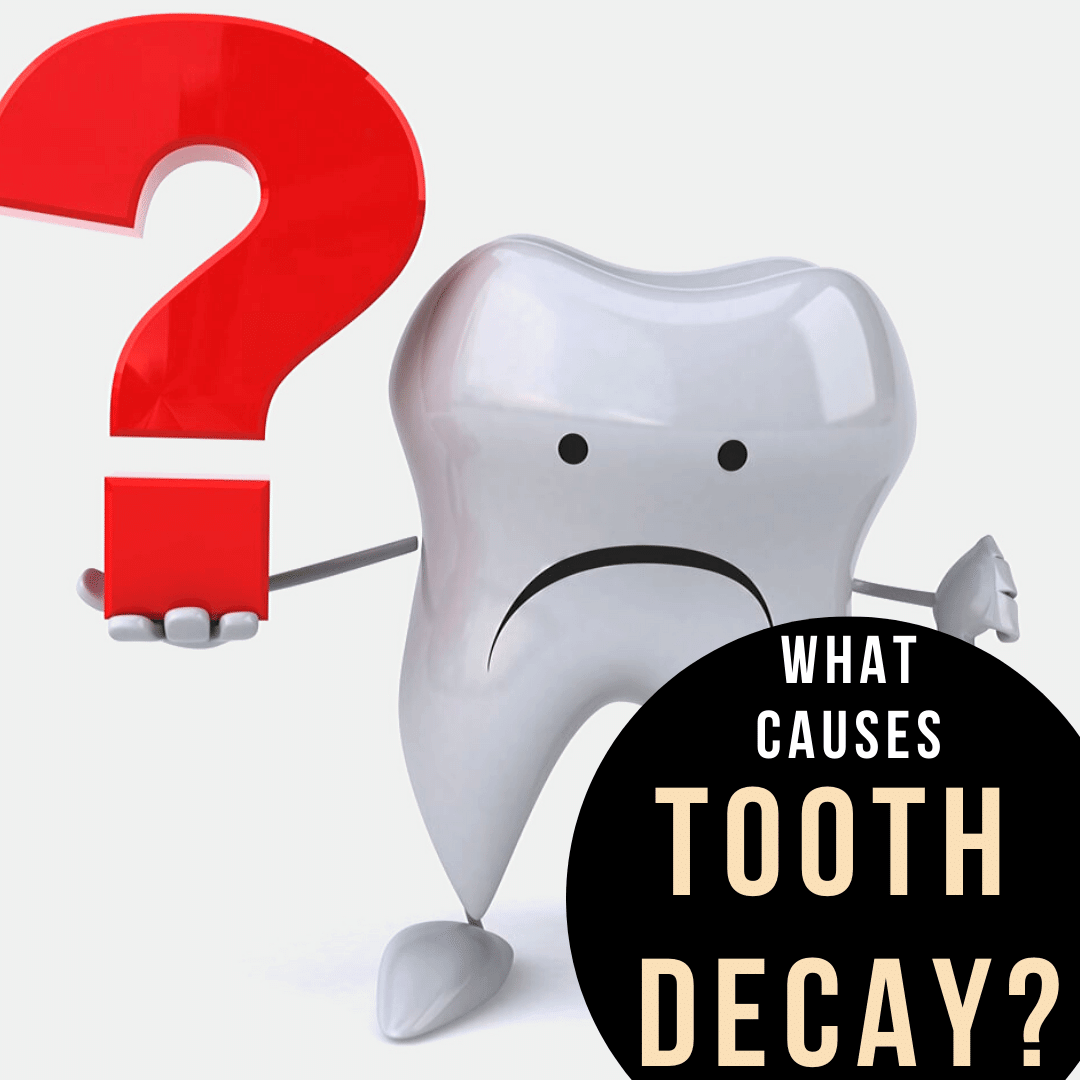We have all been told that brushing twice a day, flossing once a day, and visiting the dentist regularly is important for our oral health. While some of us may just carry out these behaviors with no question, others may be curious as to how these behaviors actually help to maintain or improve our oral health. Additionally, others may not be consistent with these behaviors because they don’t understand their importance.
So, why do we need to brush twice a day, floss once a day, and regularly see our dentist? The simple answer is because those are all behaviors that help to prevent tooth decay. Brushing our teeth cleans 60% of their surface, while flossing cleans 40%. Dental cleanings go even further and clean any spots you have missed over the last six months. If not taken care of, our teeth will begin to decay and eventually may fall out. At this point, you may be wondering what causes tooth decay. Let’s take a look at the various contributing factors:
Bacteria
The human mouth naturally contains varying levels of different types of bacteria. Although tooth decay can occur from any of these bacteria, the most common are Streptococcus mutans, Streptococcus sobrinus, and lactobacilli. These bacteria reside in the biofilm (plaque), usually in low concentrations that are not considered to be harmful. Bacteria alone does not cause tooth decay, but it is definitely a contributing factor.

Sugar
Another contributing factor to tooth decay is sugar. While most people immediately think of sweets or candy, sugars are also found in carbohydrates and fruits. Bacteria feed on these sugars and produce an acidic waste product that erodes the enamel. Therefore frequent sugar intake increases acidic waste and amplifies the erosion effect.
Inadequate Oral Hygiene
The final cause of tooth decay is inadequate oral hygiene. Plaque that is not removed through adequate brushing or flossing, provide a breeding ground that allows bacteria populations to rise to a problematic level. Tooth decay can occur from both inadequate oral hygiene or high sugar intake, but when combined, tooth decay can happen rapidly. This is because the bacteria will continue to breed, consume sugar, and deposit acidic waste on the enamel. The higher the bacterial population, the higher the concentration of acid to one spot on the tooth and the faster that area will decay.

As you can see, tooth decay is caused by three contributing factors: bacteria, sugar, and inadequate oral hygiene. Your general dentist recommends brushing, flossing, and regular dental appointments because it removes excess sugar, plaque, and bacteria from your mouth in order to keep your oral health stable. After all, your dentist wants to keep you smiling for a while.



